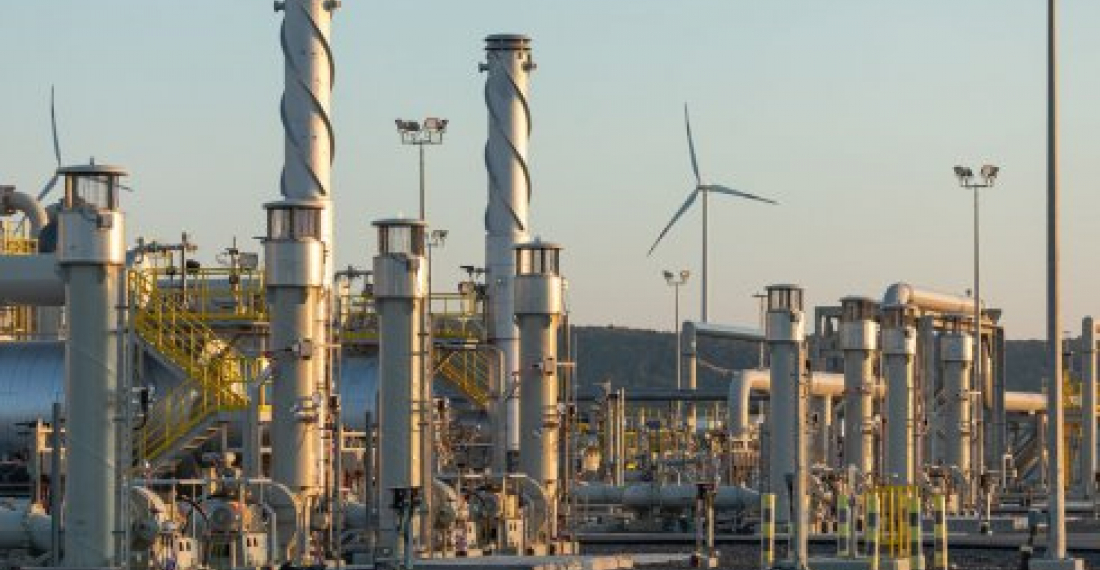Turkey has made important shifts in the countries from which it imports gas in the first half of 2020. The country now imports much more gas from Azerbaijan and Qatar than it does from Russia and Iran.
According information compiled by the Turkish official Anadolu Agency based on data from the Energy Market Regulator, Turkey's natural gas imports from Iran and Russia declined by 44.8 percent and 41.5 percent, respectively in the first half of this year compared to the same period of 2019,
Turkey's natural gas imports in the January-June period of this year dropped by 3.5 percent to 22.5 billion cubic meters (bcm). Out of this amount, Turkey imported 12.1 bcm via pipeline and 10.3 bcm as liquefied natural gas (LNG).
Turkey's pipeline gas imports fell by 22.8 percent while LNG imports grew 44.8 percent during this period.
The country imported the highest amount of gas at 5.44 bcm in the first half of this year from Azerbaijan, marking a 23.4 percent increase compared to the same period of 2019. Transmission from the Trans Anatolian Natural Gas Pipeline was a factor in the growth of imports.
Turkey imported 46 percent less gas from Iran in the first half of this year, dropping from 3.75 bcm to 2.02 bcm, with no gas imports made from April to June of this year.
Likewise, imports from Russia significantly fell by 41 percent in the January-June period of this year to 4.7 bcm relative to the same period last year.
Turkey, under its long-term LNG contract with Algeria, imported the highest LNG volume at 2.99 bcm during this period.
However, the highest spot LNG volume was imported from Qatar at 2.85 bcm, showing a 124 percent increase compared to the first half of 2019.
Turkey's spot LNG imports from the US also grew by 144 percent to reach 2.16 bcm during the same period.
In the first half of 2020, Turkey received LNG from new source countries with imports of 633 million cubic meters (mcm) of spot LNG from Trinidad and Tobago followed by Equatorial Guinea, Cameroon, Egypt, Norway and Spain.
Turkey also exported 203 mcm of gas to Greece during this period.
Turkey consumed 3.8 percent less natural gas falling to 24.3 bcm in the January-June period of this year compared to the same period last year.
Turkey last week announced significant gas finds in the Black Sea. Read more on commonspace here
Energy independence is seen as crucial for Turkey not only in economic but also geo-strategic terms. The Turkish English language daily Hurriyet Daily News quotes Nationalist Movement Party (MHP) chair Devlet Bahçeli as saying that Turkey's discovery of a 320 billion cubic meter natural gas reserve in the Black Sea will increase its strategic power while decreasing its dependence on foreign sources.
"The fact that we are 72 percent dependent on foreign energy sources weakens our hands while negatively affecting our budget balance and balance of payments. Therefore, the discovery of a natural gas reserve in the Black Sea will increase both our economic security and strategic power," Bahçeli said in a written statement on Monday (24 August).
source: commonspace.eu with Hurriyet Daily News (Istanbul) and Anadolu News Agency (Ankara)
photo: A Turkish natural gas terminal on the Turkish-Bulgarian border. (archive picture)







